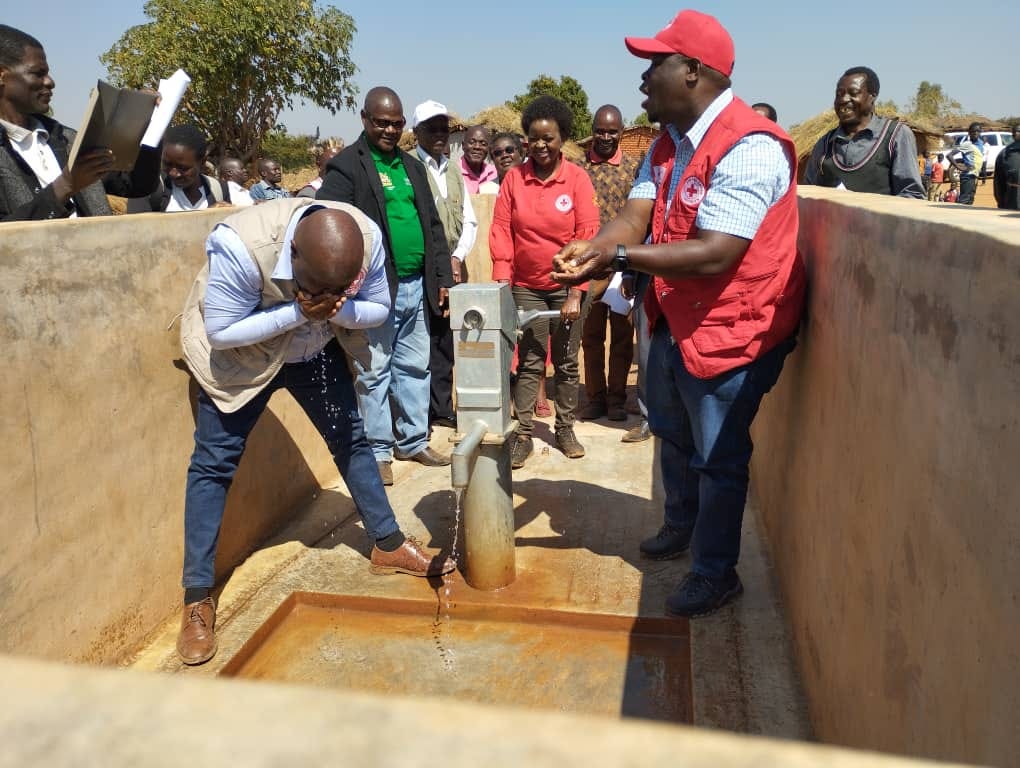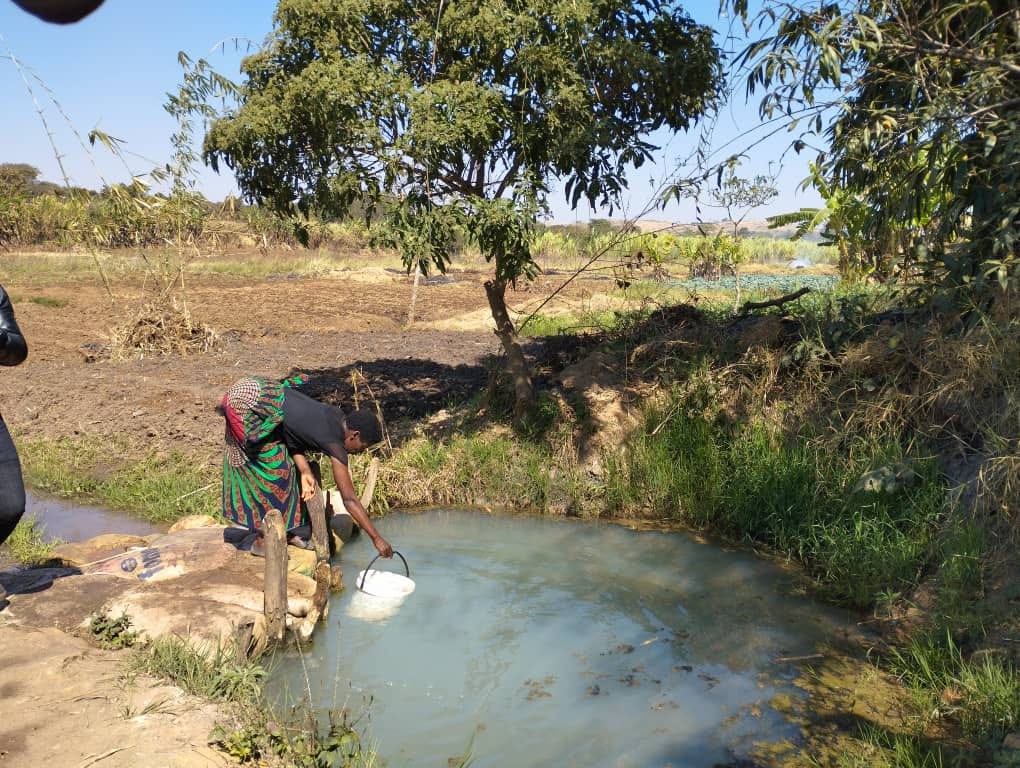MRCS borehole project brings clean water to Dowa village
The project addresses critical water access issues in a region previously vulnerable to waterborne diseases, potentially improving public health outcomes for hundreds of residents.
DOWA, Malawi— About 400 residents of Mgubani Village in Traditional Authority Msakambewa, Dowa district, now have access to clean, safe water thanks to a borehole project implemented by the Malawi Red Cross Society (MRCS) with technical and financial support from Gesundes Africa, writes Beston Simwaka.
The project, which includes seven boreholes across the district, was officially handed over during a recent ceremony.
Stella Josefe, one of the beneficiaries, expressed her gratitude during the event.
"Before the development of the borehole here, diarrhea diseases were common," she said, highlighting the immediate impact on community health.
Holleston Maunsamatha Kafanikhale, head of the public health department, commended the MRCS for their efforts.
"Such projects are a boost because they could prevent people of Dowa from contracting cholera, as it was one of the districts heavily affected last time," Kafanikhale said.
He added that the government cannot manage such projects alone and welcomed the support from MRCS.
Prisca Chisala, director of programs and development at MRCS, responded to calls for further assistance.
"If given a chance, we would recommend scaling up as we feel the district still has huge needs," Chisala said.
Thomas Mwafungo, director of human resources and administration for Dowa, urged community members to take ownership of the project.
"I argue the community members to have ownership and responsibilities to maintain the borehole and source to add another borehole," Mwafungo said.
The project addresses critical water access issues in a region previously vulnerable to waterborne diseases, potentially improving public health outcomes for hundreds of residents.
It also demonstrates the impact of partnerships between non-governmental organizations and local communities in addressing basic infrastructure needs.




